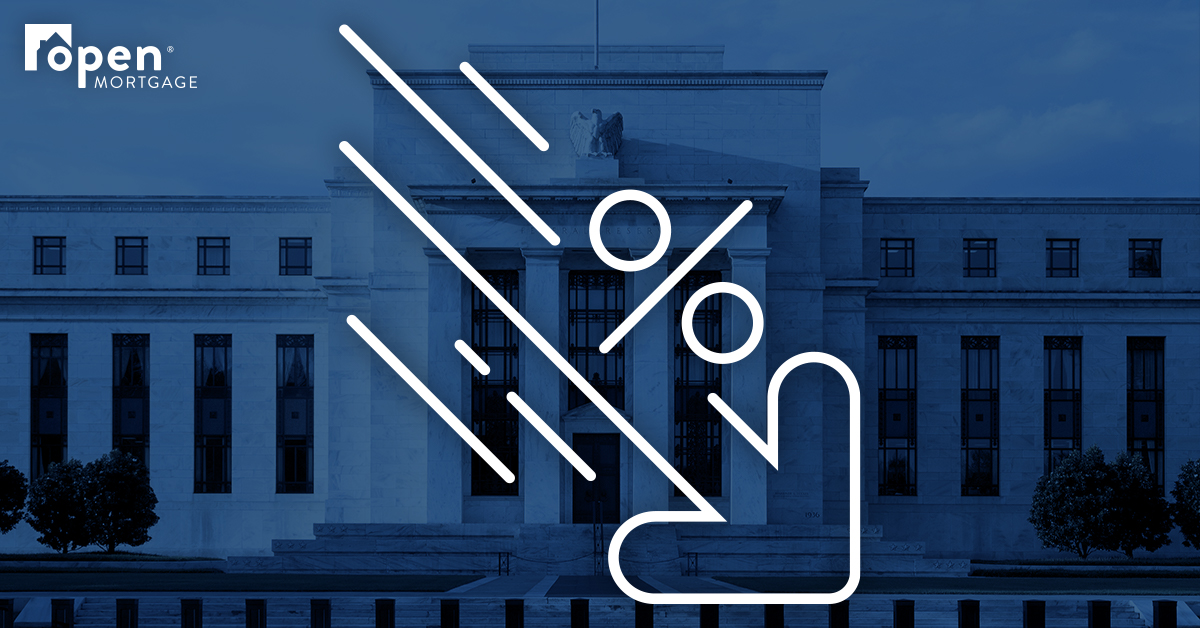
Making Sense of Recent Interest Rate Cuts
Since early March, the Federal Reserve has made two emergency rate cuts to the federal funds rate. The moves came in response to the coronavirus pandemic and its potential to dramatically slow economic growth in the United States and abroad. The action brings the borrowing rate to between 0 and .25 percent.
But with social distancing the new normal for the time being and many Americans concerned with job security more than purchasing power, it’s easy to ignore the opportunity that these cuts may offer. Make sure you understand what the substantial drop in this interest rate could mean for you, and which actions might be right for you.
Prospective Home Buyers
Although the federal funds rate doesn’t directly determine mortgage rates, they often follow similar trajectories. A mortgage rate close to zero is unlikely, but rates between 3 and 4 percent are increasingly common for qualified borrowers. Buyers who were close to entering the market and are confident in the stability of the income may find it a great time to become a homeowner. Not only are mortgages more affordable, but a decrease in the number of other shoppers could also mean more homes to choose from and lower prices.
Current Homeowners
If you already have a mortgage, you may be impacted in more than one way. Those planning to stay in their home for the long term should explore their refinancing options. The ability to reduce your current rate by at least 2 percent is a good indicator that refinancing will lower your monthly payment and be worth the added closing costs. However, depending on the circumstances, a smaller reduction in rate or just shortening the loan term could still be worthwhile.
Borrowers with an adjustable-rate mortgage that is scheduled to reset soon should make sure to prepare. Depending on the rate used to index your loan, and when it was originated, there could be a payment change on the horizon. In either case, you’ll also want to investigate whether refinancing into a fixed-rate mortgage would be to your advantage.
The lowered interest rates can more directly impact those with an existing Home Equity Line of Credit (HELOC). Similar to credit card balances, these are often adjustable-rate loans linked to the prime rate, which is influenced by Federal Reserve cuts.
Beyond Real Estate
Of course, lower interest rates play a role outside the real estate market as well. The emergency cuts are likely to bring credit card and auto loan rates even lower. For savers, they will also reduce returns for interest-bearing saving accounts and the certificate of deposit (CD) rates offered by financial institutions.
Before you make your next real estate move, speak with the professionals at Open Mortgage about your options. Browse our website for more information.





